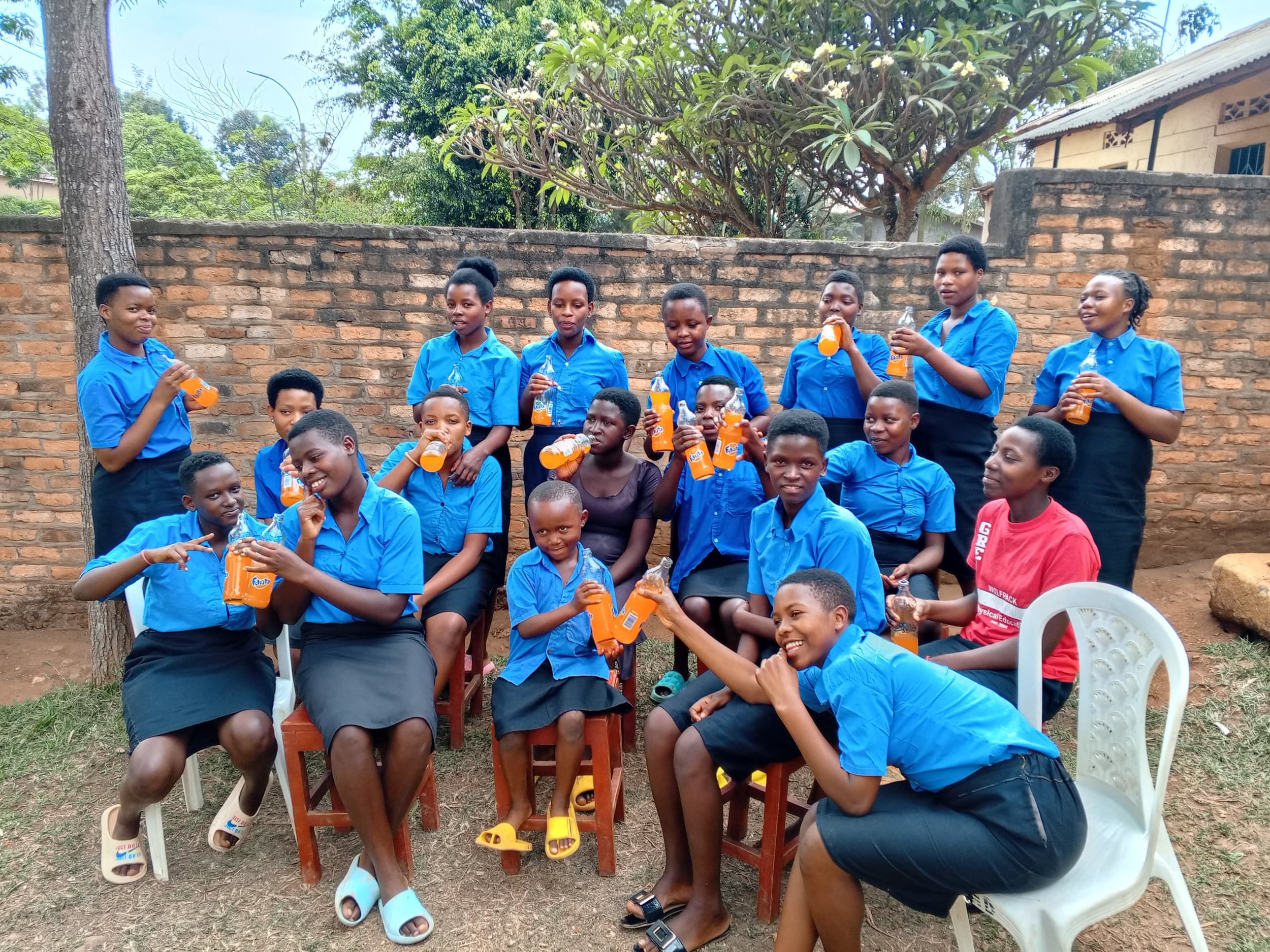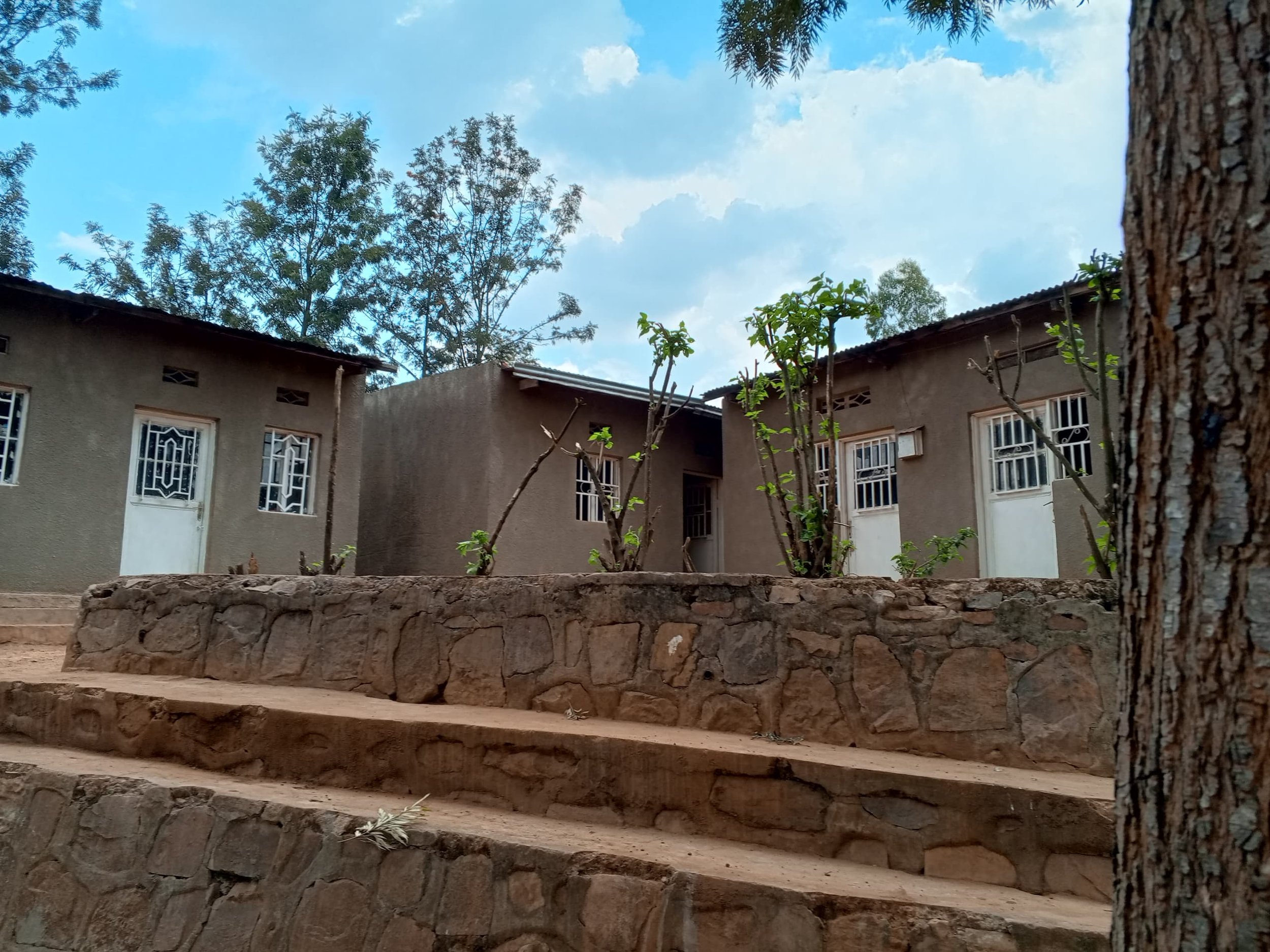Kayonza Youth Project, Rwanda
This April (2025), I am running the Paris marathon to raise funds for The Kayonza Children and Youth Centre Project in Rwanda. This project provides accommodation for girls, aged 7-18, who for various reasons have ended up on the streets of Kayonza, a town in the Eastern province of Rwanda.
Please click on this link to find out more information about the project and the fundraising aims- https://gofund.me/c6623101
This page is dedicated to the Kayonza Vulnerable Children and Youth Centre Project in Rwanda. This is a project that I have been lucky enough to recently visit and support on the ground and that I hope to see grow and flourish in years to come. Here I detail some key information about the project, its plans for growth, some of the difficulties and challenges faced, and ways in which you can help. The project is still in the early stages of development and is in great need of support.
If you drive on the main highway east of the capital city Kigali, alongside the beautiful Lake Muhazi, with lush, green fields, and rolling hills stretching out endlessly into the horizon, you will eventually arrive at a small town called Kayonza. Here lies a major transport hub with an intersection that can take drivers either north towards Uganda, or further east where they will eventually reach the Tanzanian border. Tourists will see the town’s sign, excitedly knowing that they are close to Akagera National Park, home to the famous Big 5. What most will not realise as they drive through is that behind a grey gate on a very ordinary street, is a small compound, currently home to 25 girls.
This is the Kayonza Vulnerable Children and Youth Centre Project, run by Scripture Union (SU), an interdenominational Christian organisation that supports local projects that assists vulnerable children across Rwanda. The girls are aged 7-18 and for various reasons have ended up on the streets, due to family breakdown, objectification, abuse and neglect. Some have ended up in prostitution. They are out of school and most are now entirely disconnected from their families. One child whose age is unknown was found stranded on the streets and taken to the centre for care. There are many others on the dusty streets of Kayonza and beyond, but the centre is at full capacity and resources and finances are already overstretched and limited. Occasionally some of the girls are able to re-unite with their family, or even re-enter school, but most are now entirely reliant on the project for their long term protection and survival.
Despite the hardships and challenges that these children face there are signs of hope and optimism. On site the girls are provided with accommodation in the form of shared dormitories, have communal washrooms, given daily food and clean water, and have some outside space with shade to escape the dry, summer heat. There are two classrooms where, with the help of a dedicated instructor, the children are learning to sew garments which they are already beginning to sell to local businesses. A new batch of sewing machines and power supplies were delivered by the SU team this week.
Learning to sew is just one skill that the girls can use to eventually help them reintegrate back into society and ultimately seek future employment. In a safe educational environment they have been able to learn to sing, dance and use instruments to promote traditional Rwandan arts and culture, and are producing soap that can be sold commercially. Three adults work at the project with the children and live on-site; a sewing teacher, a cook/cleaner, and a social worker/coordinator. However the project is in need of more staff, including an academics advisor and a security manager.
The SU team funding and assisting the project is based in Kigali and led by Rev. Dr. Hakizimana Appolinaire who is supported by a team of talented and dedicated individuals. There is potential for the project to grow. Next to the compound lies a plot of land that could be used by the children to plant trees, grow crops and build greenhouses; essentially providing vital food security and self-sufficiency. It would also provide a means of helping protect the local environment and tackling regional issues of food scarcity and land disturbances. However it comes at a high cost - approx $30.000 - and the land could be snapped up by another buyer at any moment.
The children already sew and sell garments (including the clothes that they wear.) The SU plans to extend this so that the girls can make small crafts and objects that celebrates their local culture and heritage and could be sold to travellers on the popular Kigali - Akagera highway. The front building would be converted into a tourist shop and information centre, but again they need the funds for this to happen.
The girls need 24/7 protection and support with a monthly budget already totalling $600. They are entirely reliant on the SU for funding and are in desperate need of a new kitchen and more dorms to cater for the demand of ‘at risk’ children turning up at their gate. It is not just academic and practical skills that the children require, but also extensive emotional and mental support for them to try to come to terms with the trauma and neglect that they have suffered and ultimately reclaim their lives.
For now the staff and the children are positive and optimistic about the future. They sing, dance, sew, pray, eat, drink and smile. It is a centre that with the right financial and operational support can allow the girls to develop into confident, resilient and empowered individuals that can contribute to society and find their place in the world.
How you can help
The project is still growing and I hope to be able to continue to provide positive updates and information.
For now the best way to help would be to donate to Rwanda Direct, a small UK based charity that supports the SU and this project.
The Scripture Union team run similar projects to this across the entire country. More information about their wider work can be found on their website.
One day, if you travelling to Rwanda and passing through this district, I hope that you can visit the centre, buy hand crafted products, eat freshly produced food, and enjoy traditional eastern Rwandan singing and dancing.





